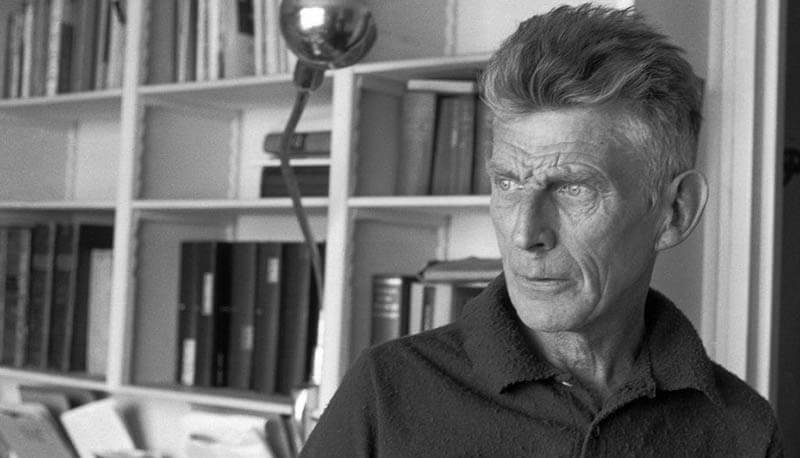Concetti Chiave
- Vladimir and Estragon are two vagabonds waiting for the mysterious Godot on a desolate plateau.
- Godot's existence is uncertain, and each act ends with a boy promising his arrival the next day.
- Pozzo and his victim Lucky interrupt the scene, with Pozzo commanding Lucky to "think" nonsensically.
- Beckett, although deemed apolitical, joined the French Resistance during World War II.
- "Waiting for Godot" was first written in French and premiered in Paris in 1953.
Aspettando Godot
Vladimir and Estragon, two vagabonds, are straned on a dark, dreary, empty plateau and wait for somebody called Godot, about whom little is known, either who he is, or whether he actually exists at all. At the end of each of the two acts a small boy shows up who assures the hoboes that Godot will definetly show up tomorrow. Two more people suddenly show up on the scene: Pozzo, a very brutal fellow, leading his victim Lucky on a leash as they amble onto the stage to join the waiting hoboes. On Pozzo's orders, Lucky must "think" - and he utters a slew of words without meaningful context. Vladimir and Estragon don't join in this strange game the pair practise, but remain passively waiting, innocently inactive.
La vita di Beckett
Beckett lived in France from 1937 until his death. This most "apolitical" of writers joined the







 Accedi a tutti gli appunti
Accedi a tutti gli appunti
 Tutor AI: studia meglio e in meno tempo
Tutor AI: studia meglio e in meno tempo